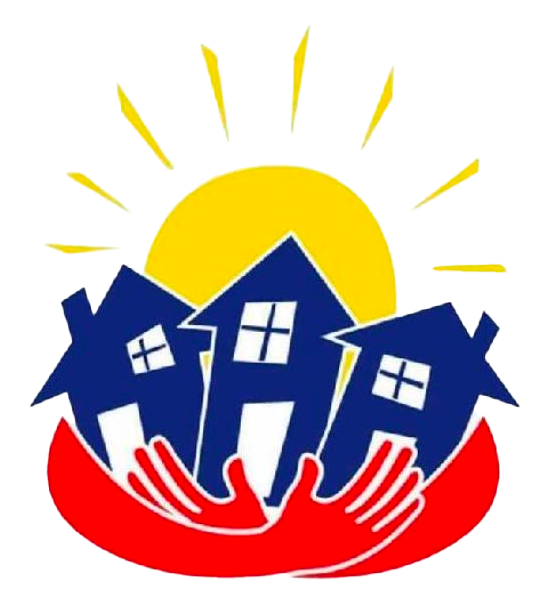The Community Development Block Grant (CDBG) has been a longstanding issue on our Policy Agenda.
The Community Development Block Grant (CDBG) has been a longstanding issue on our Policy Agenda. It is a tool that is designed to support the community development work and activities that our members do every day. The CDBG program was developed to provide local governments and communities with more decision-making power in local funding choices to address and mitigate poverty and blight. Furthermore, it is designed to be a “bottom-up” approach to developing viable urban communities for low- to moderate-income people by providing decent housing and economic opportunities. Since 2020, we have conducted a host of surveys, meetings, and interviews with CDAD members and partners to identify their top goals and priorities around CDBG funding in Detroit. We’ve hosted educational seminars for our members with the City of Detroit’s Housing and Revitalization Department (HRD) which administers the local CDBG program. In 2021, we hosted a webinar with the Detroit Field Office of the United States Department of Housing and Urban Development (HUD) to learn about the federal community development programs. We have also completed an extensive amount of research to understand how the City of Detroit has allocated its annual CDBG grant over the past few years. Moreover, we completed a scan of comparable cities that include Cleveland, Pittsburgh, and Milwaukee to understand how Detroit’s CDBG program compares and to identify best practices that could be applied in Detroit.
Through a partnership between the Community Development Advocates of Detroit’s (CDAD) Policy Committee and the former Building the Engine of Community Development in Detroit’s (BECDD) System Capitalization Task Force, we have developed a report titled “Equitable Use of CDBG in Detroit” [insert report link] that includes the results from all of our surveys and research. The report provides recommendations for the City of Detroit to improve and meet local needs around citizen participation, housing, capacity building and technical assistance for local nonprofits, and calls for increased oversight of the program.
